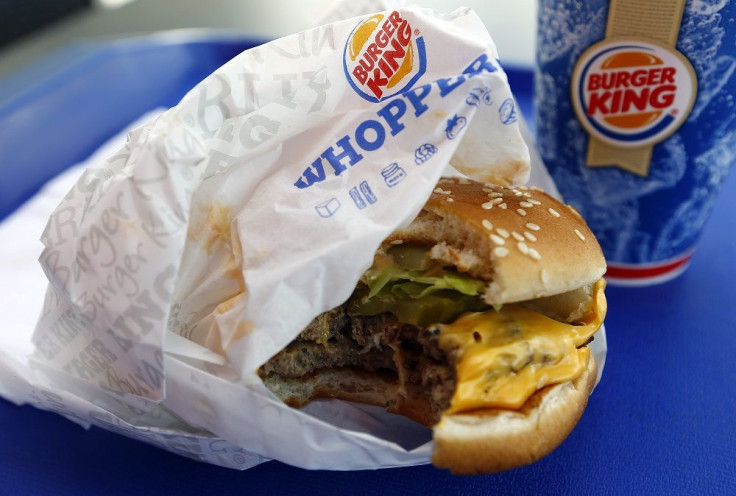Analysis finds rat, human DNA in 258 burgers at molecular level

It is not only Starbucks coffee or Dr Pepper soft drinks where a rat unexpectedly pops up. An analysis by a Bay Area startup discovered rat and human DNA in burgers at the molecular level.
Clear Labs’s Hamburger Report notes that over the past five years, overall spending on beef went up but sales volume remained flat. The reason for the flat sales include high prices of meat and reports of too much meat being bad for the health, causing consumers to try less-traditional burger products such as vegetables, fish and chicken burgers.
For food producers to survive in the industry, consumers must be assured “beyond a shadow of a doubt” that their food is what they expect them to be in terms of quality and food safety. In the lab’s analysis of 258 samples of burgers, it found two cases of meat in vegan products, one black bean burger with no black beans, 4.3 percent of products which contain pathogenic DNA, three cases of rat DNA and one case of human DNA.
Fortune reports that its test failed to determine the precise sources of the rat and human DNA, however, the lab believes the rat DNA came from faeces of the animal and hair in the case of human DNA, reports Fortune.
The burgers tested came from retailers and fast food stores in northern California to provide representative sampling of the burger market. The lab included vegan and other non-beef burgers from 79 brands spread among 22 retailers, to include ground meat and froze patties.
Other than the presence of rat DNA, the lab discovered 6.6 percent substitution of ingredients, 14 missing ingredients in vegetarian products, missing black beans and two cases of beef DNA in vegan products. The lab found 4.3 percent of the burgers have pathogens, four of 11 were in vegan products, with Yersinia pseudotubercolosis as the most common.





















